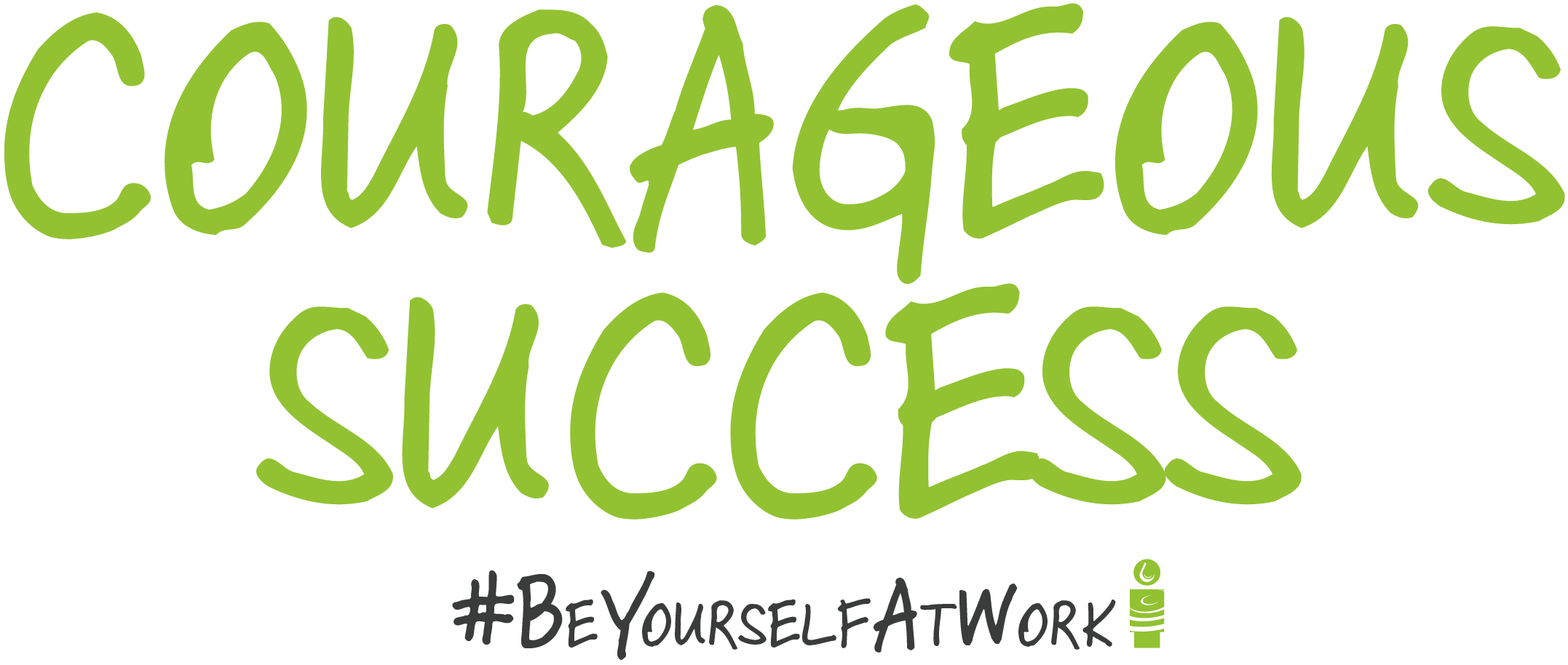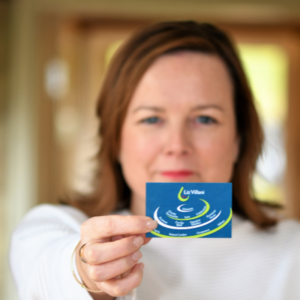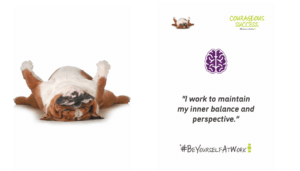‘The onset of the COVID-19 outbreak, lowered emotional well-being by 74%’
“How an Epidemic Outbreak Impacts Happiness: Factors that Worsen (vs. Protect) Emotional Well-being during the Coronavirus Pandemic”. Psychiatry Research
Over the course of the last few weeks, I have noticed a marked change in the emotions of people. Currently, as societies when we talk stress we automatically talk about Mental Health. But what about how you feel and how can you manage your emotional health at work to help you to be the best of yourself there? Mental health implies this the challenge is the mind, what about the heart?
Part of mental health is how well your mind processes and understands information and experiences. In contrast, emotional health involves your ability to manage and express the emotions that arise from what you have learned and experienced. In our work, it is also about who you are, the real you, your iAM values.
‘Emotional health is about how we think and feel. It is about our sense of wellbeing, our ability to cope with life events and how we acknowledge our own emotions as well as those of others. It doesn’t mean being happy all of the time’. (Samaritans).
Research shares that the implications of decreased emotional well-being are related to mental health concerns such as stress, depression, and anxiety. These in turn can then contribute to physical health concerns such as digestive disorders, sleep disturbances, and general lack of energy. Studies show that the profile of a person prone to emotional distress is likely someone with low self-esteem, pessimistic, emotionally sensitive and very self-critical. Sounds like most of us at times to me!
Positive psychology.com shares 9 characteristics of the emotionally healthy person;
- Self-awareness – an emotionally well person can look at the self and redirect emotions, when needed, to navigate distress or elation. This ability develops throughout childhood but can be strengthened, like a muscle, in adulthood (Yes!).
- Self-acceptance – emotionally healthy people accept themselves and can better handle adversity with clarity. (Yes, you know who you are and accept yourself vs thinking you should be like others!).
- High levels of self-care – self-compassion and care for one’s physical body are important to people who also place importance on emotional health. Care for the whole self is intentional and regularly practised. (Yes, we look after ourselves vs punish ourselves!).
- Emotional agility – through an open mind and a curious thought process, thriving through difficulties is possible for those with emotional health. (Yes, choosing to be flexible and not stubborn, fascination vs. frustration!).
- Strong coping skills – practising skills when times are calm results in higher levels of resilience when things are not so calm. Like preparing for battle, emotionally healthy people build emotional capital when at peace. (Yes, consciousness of appreciation, self-care and a strong relationship with your self in good and in challenging times!).
- Treating others with kindness and integrity – these people actively do so without expectation of reward. (Yes, it’s not always about us, we feel great when we make it about others and don’t need a gold star to know we’ve made a difference!).
- Living with purpose – people living in purpose will focus on how their experience can serve others. (Yes, making being you your core way of life!). They allow emotions to pass through them in favour of a larger picture. (Yes! We do this as parents and friends, it’s not about taking the hit, but instead choosing the greater good vs focusing on the challenges).
- Managing stress well – allows these people to get calm quickly when circumstances get chaotic. (Yes, choosing to not let drama take over and keep perspective in the moment to choose to not exaggerate the circumstances helps us to manage the stress and also use its energy to positively take action, as a fuel!).
- Regularly practices moments of serenity – self-mastery. (Yes! Stepping into emotions actively by choice with regularity is the key to being familiar with ‘feelings’ especially when they become exaggerated. Instead of ignoring them noticing them and being them more regularly creates mastery! Love it!).
I know that all of us are big softies, that includes you. Reflect on this;
‘Repression of emotions has a direct impact on physical and psychological health. Holding disruptive emotions in favour of appropriate outward appearance contributes to lower levels of overall wellbeing’. (Jainish, 2019).
Are you classing ‘the emotional’ as something that you push down or should not use at work? Think again. Being the best of you, the real you at work, means using your emotional power as well as your mind.
Be you.


